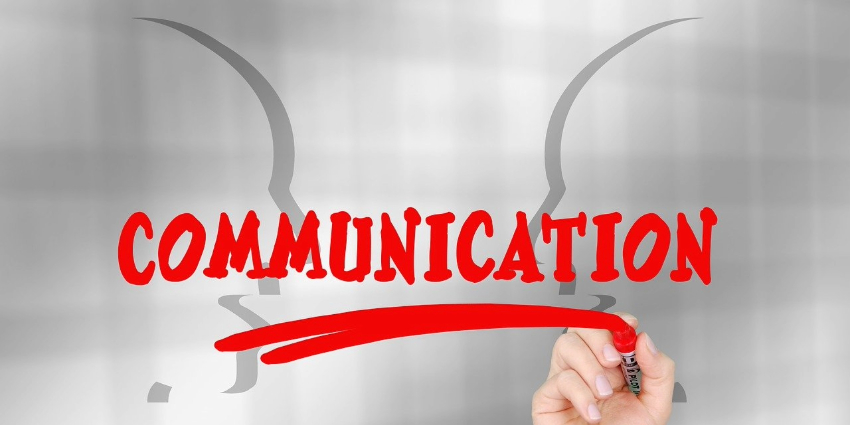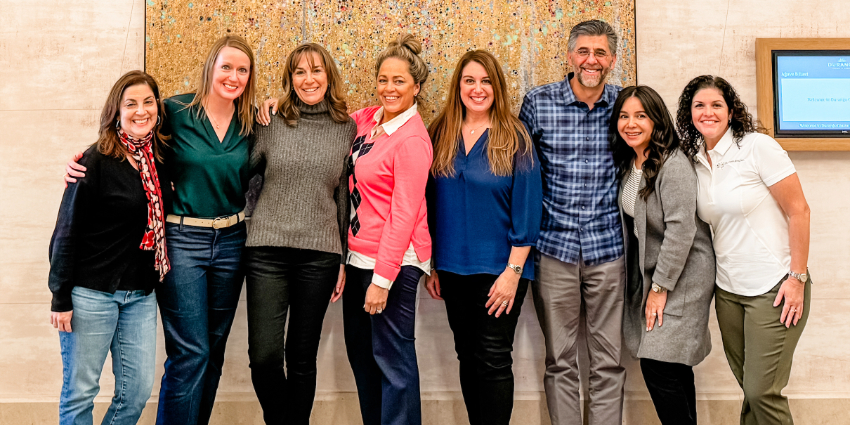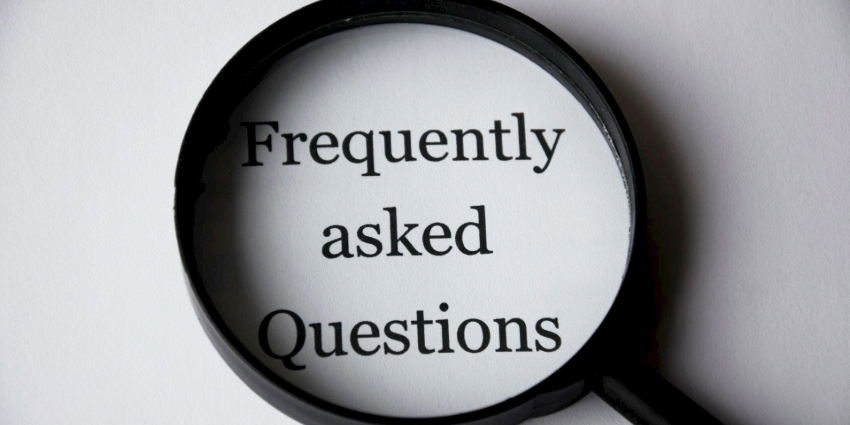As you know, this month we’re focusing on ways we can feedFORWARD vs. FeedBACK. You can catch up on what you’ve missed here.
Let’s first address the elephant in the room.
Quietly raise your hand if you’ve ever said one (or more) of the following…
1. “Maybe this will just resolve itself.”
2. “This was probably just a one-time situation.”
3. “It really wasn’t that big of a deal in the scheme of things.”
4. “I’m sure someone else will address this.”
If you found yourself copping to one or more of these statements, it’s probably because you’ve dreaded having “difficult” conversations in the past and you realize these are compromises you’ve used in order to avoid them.
But here’s the DEAL – When we avoid difficult conversations, we trade short-term discomfort for long-term disfunction.
Today I’m going to give you 4 words to keep handy in your Leadership Tool Kit. These words will enable you to conduct your conversations in a more successful and productive manner.
(Adapted from a more detailed, and fun, full-length workshop I present to organizations. Contact me if you’re interested in learning more about it.)
These 4 words are not equal; 2 grow conversations and 2 end them.
Two words that stop a difficult conversation dead in its tracks:
WHY and SHOULD.
At their core, these words seek blame rather than solutions. They put your partner immediately on the defensive because they’re automatically forced to defend their actions, thoughts, and directions. Imagine hearing the following:
- WHY did you do that – say that – act like that?
- WHY would you give the team that direction?
- WHY are we reacting instead of anticipating our customer’s needs?
- We SHOULD have been more proactive in our response.
- You SHOULD have consulted with me first before emailing the team.
- I SHOULD have known this was not going to be successful.
WHY and SHOULD will always make a challenging conversation harder. The ability to co-create a solution does not exist when one person is on the defensive and can not think in a positive, offensive way.
If you need answers to questions, try curiosity and inquiry:
- How will we….
- Tell me about the decision to…
- Walk me through how the situation unfolded…
- So what you’re saying is…
Chris Voss, former Lead International Kidnapping Negotiator for the FBI, wrote in his book, Never Split the Difference, “Treat WHY like a hot stove, don’t touch it!”
Two words that grow a difficult conversation and propel it forward:
AND and GIVEN.
These words are inclusive and seek agreement and solutions. They put your partner in a mindset of co-creating a solution and accepting reality, while also allowing the conversation to move forward. They acknowledge that two things can be true at the same time, eliminating an ultimatum-mentality. Imagine hearing the following:
- We made some errors AND here’s how we are going to work to fix them.
- I didn’t appreciate that aggressive email AND I want to work on…
- GIVEN that we disappointed the team in London, our next step is…
- GIVEN that we’re all working from home, how can we be more inclusive?
AND and GIVEN will make a challenging conversation easier to navigate. The blame game turns into a solution-finding mission.
So…watch the WHY, don’t SHOULD anywhere, AND your conversations will be more productive, GIVEN the topics you’re discussing probably aren’t your favorites.













